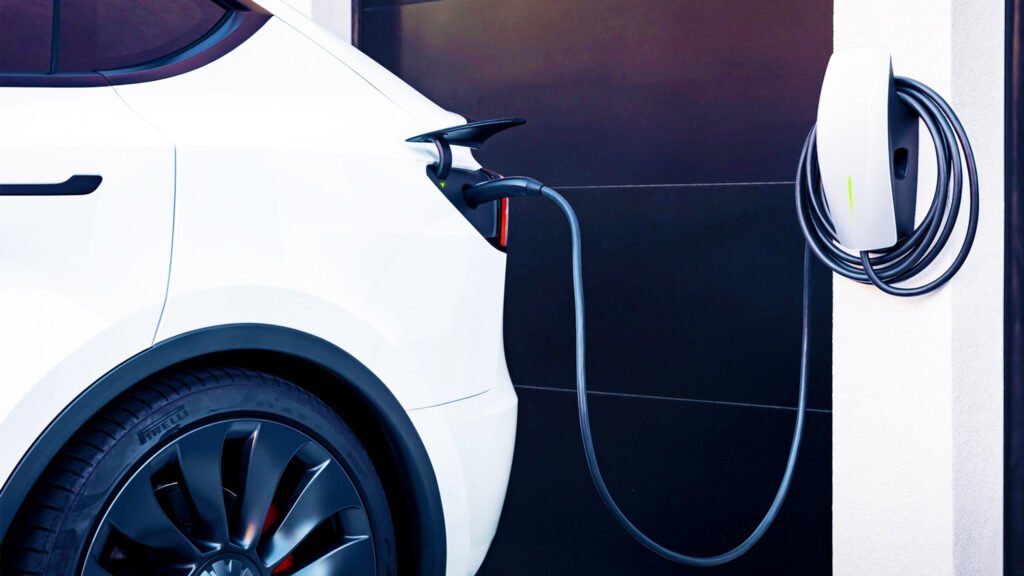

- New study shows 60 percent of EV defectors need incentives of at least $5,000.
- With tax credits gone, automakers aim to rebuild trust through direct discounts.
- For example, Hyundai recently announced a $9,800 price cut for the Ioniq 5.
It’s no secret that government incentives have played a huge role in fueling America’s appetite for electric vehicles. Without them, enthusiasm tends to cool fast.
So it’s hardly shocking that many former EV owners say they’d consider returning to battery power only if a generous incentive were back on the table, according to a recent study from The Harris Poll.
Read: Expiring EV Tax Credit Sent Tesla Sales Into Overdrive But Its Flagships Crashed
The survey, conducted between September 23 and 25, included responses from 2,095 adults across the United States. Of these, 1,675 participants, or about 80 percent, said they plan to buy or lease a new or used vehicle in the future. Within that group, 485 respondents, roughly 29 percent, said they were extremely or somewhat likely to choose an EV.
What Would It Take?
Among respondents who had previously owned or driven an electric vehicle but later switched away, 60 percent said they would need an incentive of at least $5,000 to consider returning to an EV.
A further 30 percent said they would need an incentive of between $2,500 and $4,999 to reconsider, while 11 percent said they would be willing to accept an incentive of less than $2,500.
Senior consultant at The Harris Poll, Greg Paratore, acknowledged that affordability remains the top concern for 64 percent of EV buyers.

Automakers Step In
While the removal of the new and used EV tax credit will impact demand for electric cars, Paratore noted that automakers could use the removal of the credit to build extra trust with consumers by helping to share the added cost burden.
For example, Hyundai recently announced it’s cutting prices of the 2026 Ioniq 5 by a significant $9,800 in the wake of the tax credit’s removal. Additionally, Hyundai is offering a $7,500 cash incentive on the remaining 2025 Ioniq 5s that it has in its inventory.
Meanwhile, Ford chief executive Jim Farley warned that EV demand in the U.S. could tumble by as much as half due to the tax credit’s removal. If that happens, electric vehicles could see their market share shrink to around 5 percent, a figure last recorded in 2022.



